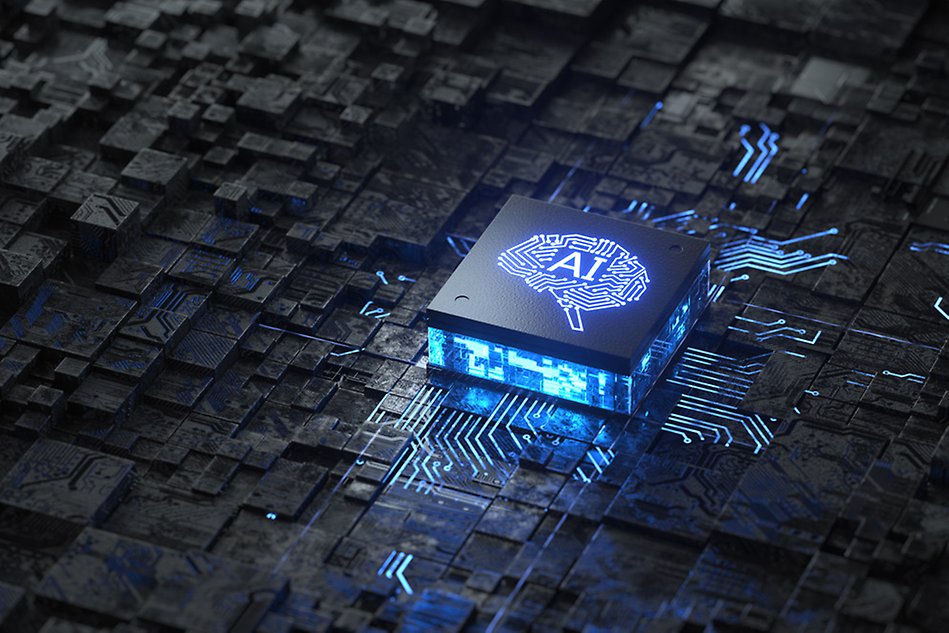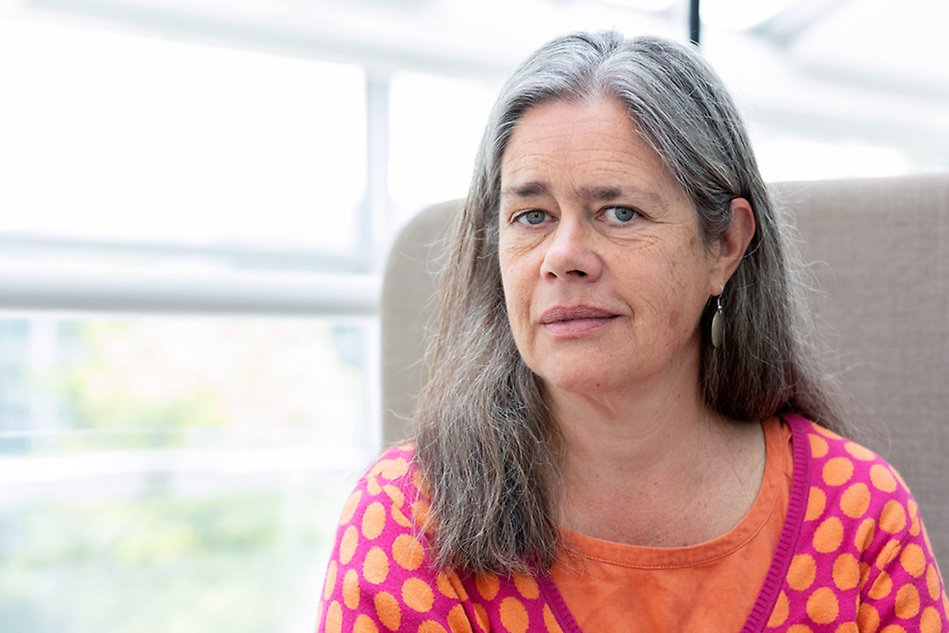Shaping AI education for practical use in society
In the fall of 2022, Halmstad University will present a new bachelor’s program named Applied Articifial Intelligence (AI). It is tailored for people who do not primarily have an interest in the engineering sciences, but who will be using AI in, for example, healthcare or energy innovation. One of the program’s creators is Verónica Gaspes, Associate Professor of Computer Science at Halmstad University.

“A substantial part of the program will be integrated with the student’s field of interest. That is unique, I think. The goal is that at least some of these students will become connectors between AI and their own domain, such as healthcare or business economics.”
Verónica Gaspes, Senior Lecturer in Computer Science at Halmstad University
“There is a need for educating people with a broad background, who want to understand how AI can contribute to their fields. We decided from the beginning that technical courses should be presented in parallel with the courses on ethics, communication and so on – so that the students are not at any point overwhelmed by either the technical or non-technical content”, says Verónica Gaspes.
Instead of opening with basic tech or mathematics, the new program starts out with courses oriented towards applications. Students will right away start to practice working with data, reflecting on what questions can be asked using large data amounts, and learning what bias can arise in machine learning. Traditional AI skills like statistics, mathematics and computer science will be combined with ethics, law and sustainability.
A focus on practical problems
“A substantial part of the program will be integrated with the student’s field of interest. That is unique, I think. The goal is that at least some of these students will become connectors between AI and their own domain, such as healthcare or business economics”, says Verónica Gaspes.

Verónica Gaspes is a Associate Professor in Computer Science at the School of Information Technology at Halmstad University.
The three tracks offered initially are sustainable energy engineering, business, and healthcare innovation and the courses will to a large extent focus on practical problems that students may encounter when working with AI in the community.
The team behind the program created a slogan for it; “AI for social good”. The overarching idea is to use AI techniques in a responsible manner, to address sustainable development goals.
“We want to give the students generic skills, but also go deeper and really ask domain specific questions: What do people who work in a hospital need? What data can we collect, and what questions can these data answer? You must be able to identify the problems, the questions, and also to determine which data is relevant, and if data quality is goo”, says Verónica Gaspes.
AI more prominent in tomorrow’s education
Verónica Gaspes grew up in Argentina where she began her education, but she has lived in Sweden since the 1990s when she came here to study and defend her dissertation. Since 1999, she has taught computer science at Halmstad University. In 2011 she received the University’s pedagogical prize.
“Here in Halmstad I have gotten the chance to work together with colleagues in many different fields, and that is something I find very rewarding. All the expertise we need for the three tracks in the new program, we have here on site. In the future we would like to have an education track as well, so that the teacher education at Halmstad University also links to this. But we want to start out safe, offering just a few options, to see how the program is received”, says Verónica Gaspes.
In the future, Verónica Gaspes believes that many of the traditional educational programs, such as sociology or economics, will include courses on AI, simply because professions are changing. In the same way that Excel is taught now, AI tools will be taught tomorrow, she thinks. Personally, she is interested in AI both as a teacher and as a citizen. She reflects that technology has a great influence on our social interactions today, and although most people know that a lot of systems collect data about us, we seldom know how it is used.
“I think this has consequences both for how we behave towards other people, and for democracy. If so, we need to be educated about what AI is, so we can make good decisions about which systems we should use and in what way. We do not all need to become experts in AI and computer science, but we must understand how AI works in our immediate environment – in our workplace, as well as in our private lives”, says Verónica Gaspes.
Text: Lisa Kirsebom
Photo: Anna-Frida Agardson
Top illustration: iStock
About CAISR
The Center for Applied Intelligent Systems Research (CAISR), is a research and education center for AI at Halmstad University. The center is funded by the University and the Knowledge Foundation with support from Swedish Industry.
The scientific focus for the Center for Applied Intelligent System Research (CAISR) is “aware” intelligent systems – human aware, situation aware and self-aware. Such systems can combine different sources of information to get an overall picture and monitor themselves. The subject expertise in the center is in signal analysis, machine learning and mechatronics. CAISR also has an emphasis on cooperating systems, in line with the research focus at the School of Information Technology (ITE).

